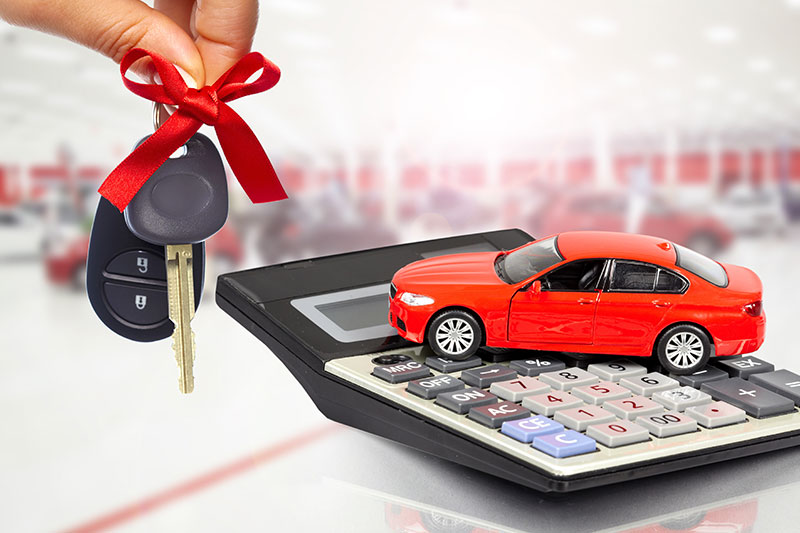Understanding Car Loans in the UAE – A Simple Guide by Money Dila
In the UAE, owning a car isn’t just about convenience—it’s a lifestyle choice. Whether you’re commuting between Dubai and Sharjah, doing school runs in Abu Dhabi, or heading out for weekend drives to Hatta or Fujairah, having a vehicle makes life smoother.
But buying a car, especially a new one, isn’t a small expense. That’s why car loans are such a common part of the process.
At Money Dila, we’ve worked with hundreds of people trying to figure out the best way to finance their car purchase. So, we’ve put together this no-fluff guide that covers exactly how car loans work in the UAE—what to expect, how to prepare, and how to get the best possible deal.
1. Who Can Get a Car Loan in the UAE?
The good news is that both UAE nationals and expats are eligible to apply for a Car loan in the UAE. However, banks and finance companies do have a few requirements:
Minimum age: Usually 21 years
Minimum salary: Typically AED 3,000 to AED 5,000/month
Stable employment: You’ll need to be employed for at least 6 months (or sometimes 1 year, depending on the bank)
Valid UAE residency: Whether you're salaried or self-employed
Good credit history: This plays a big role in approval and interest rates
2. How Much Can You Borrow?
Car loans in the UAE usually cover up to 80% of the vehicle’s value. That means you’ll need to make a down payment of at least 20% from your own funds.
For example, if your dream car costs AED 100,000:
The bank can finance up to AED 80,000
You’ll pay AED 20,000 upfront as a down payment
This is regulated by the UAE Central Bank, so it applies across lenders.
In terms of the loan amount, the maximum loan tenure is 60 months (5 years). Your monthly installments will depend on the interest rate, loan amount, and term you choose.
3. Interest Rates: Flat vs. Reducing
In the UAE, banks usually quote flat interest rates for car loans. But it’s important to understand how this differs from reducing balance interest rates:
Flat rate is calculated on the original loan amount, regardless of how much you’ve repaid.
Reducing rate is calculated on the outstanding balance, which means you pay less interest over time.
So, a flat rate of 3% actually works out to about 5.5% to 6% on a reducing basis. Always ask for the equivalent reducing rate to make proper comparisons.
4. New vs. Used Car Financing
Both new and used cars can be financed—but the terms may vary:
New cars generally come with lower interest rates and longer loan tenures.
Used cars often attract higher interest rates, and some banks may limit the maximum age of the vehicle (e.g., it shouldn’t be older than 5–7 years at the time of loan maturity).

Some banks also refuse to finance cars from certain used dealerships unless they’re authorized or registered.
5. How the Process Works
Here’s a basic step-by-step of how most car loans unfold:
Choose Your Car – New or used, know the model, price, and dealership.
Apply for Financing – Either directly with a bank, through a car dealer, or via a loan broker like Money Dila.
Submit Documents – Typically includes:
Emirates ID
Salary certificate or trade license (for self-employed)
Bank statements (3–6 months)
Valid driving license
Loan Approval – The lender checks your eligibility and credit score.
Payment & Registration – Once approved, the loan is disbursed to the seller/dealer, and the vehicle is registered under your name—with the bank’s name noted as a lien holder.
6. Fees You Should Know About
Along with the down payment and monthly EMIs, there are some additional charges that often get overlooked:
Processing Fee: 1% of the loan amount (one-time fee)
Vehicle Insurance: Mandatory for loan approval (usually full coverage)
Loan Early Settlement Fee: Usually 1% of the outstanding amount if you want to repay the loan early
Late Payment Fees: Can range from AED 100 to AED 200 per missed EMI
Always ask your lender for a full cost breakdown, and make sure everything is transparent before signing the agreement.
7. Should You Go Through a Dealer or Directly to a Bank?
Car dealerships often have tie-ups with specific banks. Sometimes, they offer promotional rates or cash-back deals if you go through their partner bank. That might sound tempting—but it’s not always the best deal.
If you go directly to a bank or through a financial advisory firm like Money Dila, you can compare multiple lenders and get more customized terms. You also get independent advice—without the sales pitch.
Final Thoughts
A car loan in the UAE can be a great tool—it lets you spread out your payments while giving you access to a vehicle that fits your lifestyle. But, like any financial commitment, it should be approached with a clear head and full information.
At Money Dila, we help you make sense of the numbers. We don’t push specific products. Instead, we focus on helping you find what’s right for your situation, your income, and your financial goals.
Comments
Post a Comment